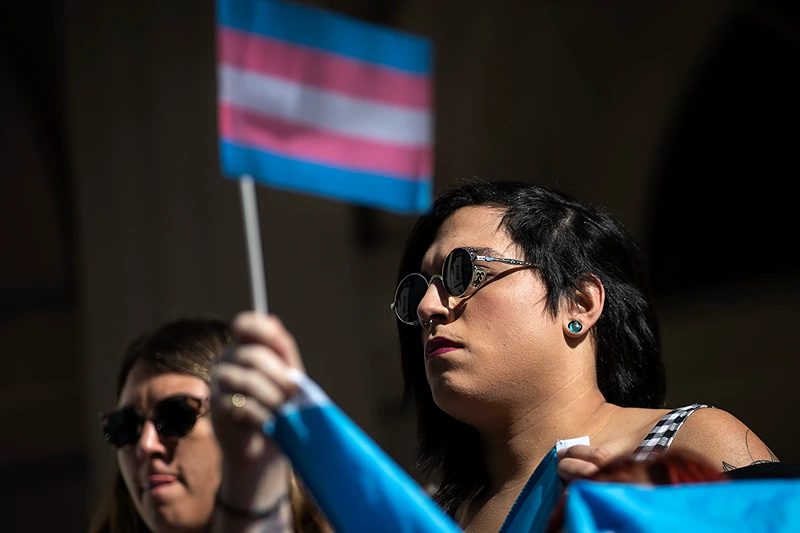American Medical Association Suggests Taxpayers Fund $300K Uterus Transplants For Trans Women

The American Medical Association (AMA) recently suggested that taxpayers fund uterus transplants for transgender women as an attempt to force pregnancy and as a way to help them feel like real, biological women who can give birth.
In its Journal of Ethics issue, titled “Patient-Centered Transgender Surgical Care,” suggestions were offered in order to reduce the cost of the surgery.
“Even though there has been no uterus transplant to date in transwomen that we know of, some clinicians have maintained that there are no absolute barriers in anatomy, hormones, and obstetric considerations that would rule out the possibility of successful UTx in transwomen,” the association claimed in June of this year.
However, the AMA has been consistently chastised for proposing the idea and has also been accused of taking an “activist stance.”
They argued that transgender women’s inability to bear children may cause “psychological dissonance,” undermining their health and well-being.
The report comes as some pioneering uterus transplant doctors sincerely believe they are on the verge of helping transgender women give birth to their own children, despite the fact that the majority of those familiar with biology and other online users have scoffed at the idea.
The left-leaning Euro News also similarly suggested that transgender women would be able to give birth in the future.
However, the example that the outlet gave referenced a surgery done on a biological woman suffering from uterine factor infertility, not a transgender woman.
“So far, births from uterus transplants have been in women assigned female at birth. But rapid advancements in the field have ignited hope among some transgender women about the possibility of pregnancy,” the outlet said.
According to the AMA, trans women who want to give birth can “plausibly justify” a uterus transplant subsidy up to $300,000.
“Transwomen lack a trait [the ability to bear children] that may cause them to experience psychological dissonance in a way that undermines their health and well-being,” Timothy F. Murphy and Kelsey Mumford wrote in the Journal of Ethics.
“The lack of a uterus also closes off the prospect of gestating a child in a way that is available to women as a class. It follows that lack of a uterus is an obstacle to full participation in the social goods attached to women’s identity,” he continued.
Dr. Marty Makary, a surgeon, professor, and medical commentator at Johns Hopkins who specializes in surgical oncology and gastrointestinal laparoscopic surgery, expressed disappointment that the association was wasting its resources and not addressing real transgender issues, such as the rising number of health complications reported by those who have undergone sex reassignment surgery and hormone therapy.
“It is odd that the AMA is choosing to really focus on this activist position rather than fund the important research we need in transgender medicine,” he told Fox News. “What’s the regret rate after transition surgery? What’s the long-term complication rate of hormones?”
“And it’s very hard to do research in this field… because the activists have run a lot of people out of town, that reasonable doctors and objective scientists have been run out of town,” Makary continued.
Earlier this year, a team of doctors from the University of Alabama at Birmingham (UAB) became one of the first in the country to offer the medical procedure to hysterectomy patients and women born without wombs. However, both groups involved biological women who were assigned female at birth.





.jpeg)
Comments
Post a Comment